Search
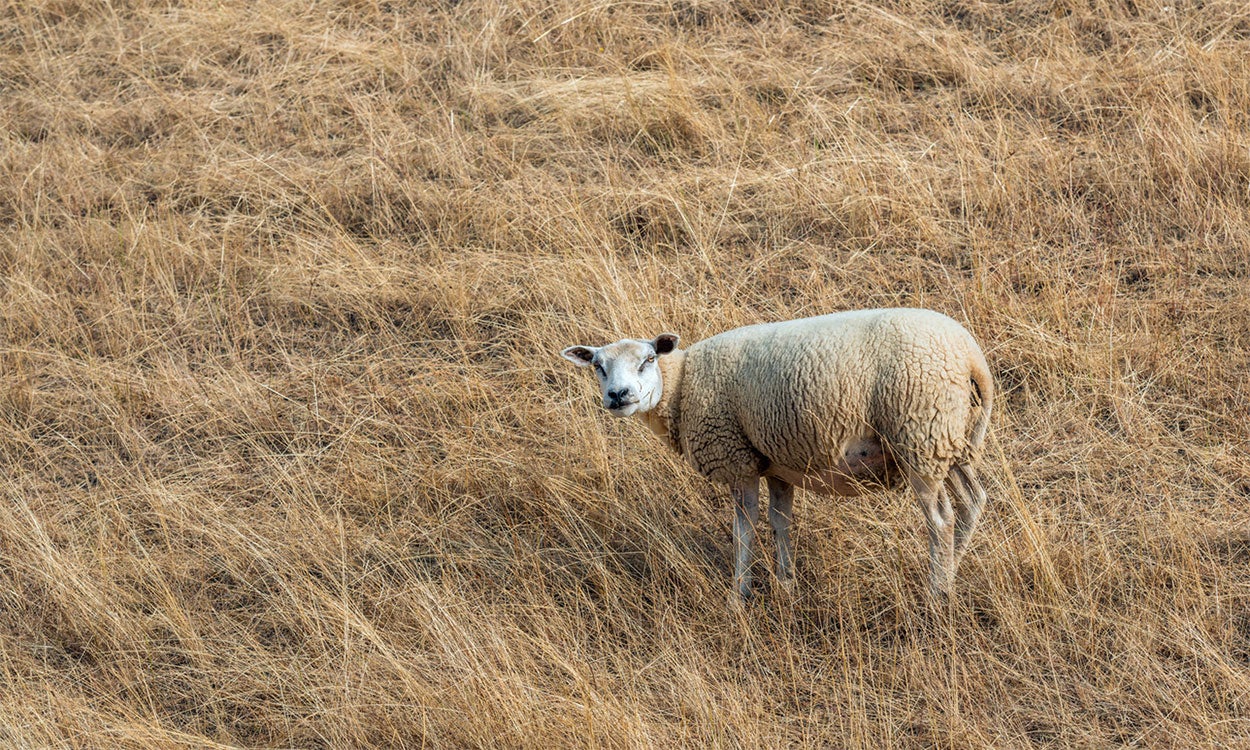
Drought Considerations for Grazing Range Flocks
Having a drought plan in place to best manage pastures is critical in being prepared for next year’s grazing season. Make decisions that will manage risk and promote both flock and financial longevity.
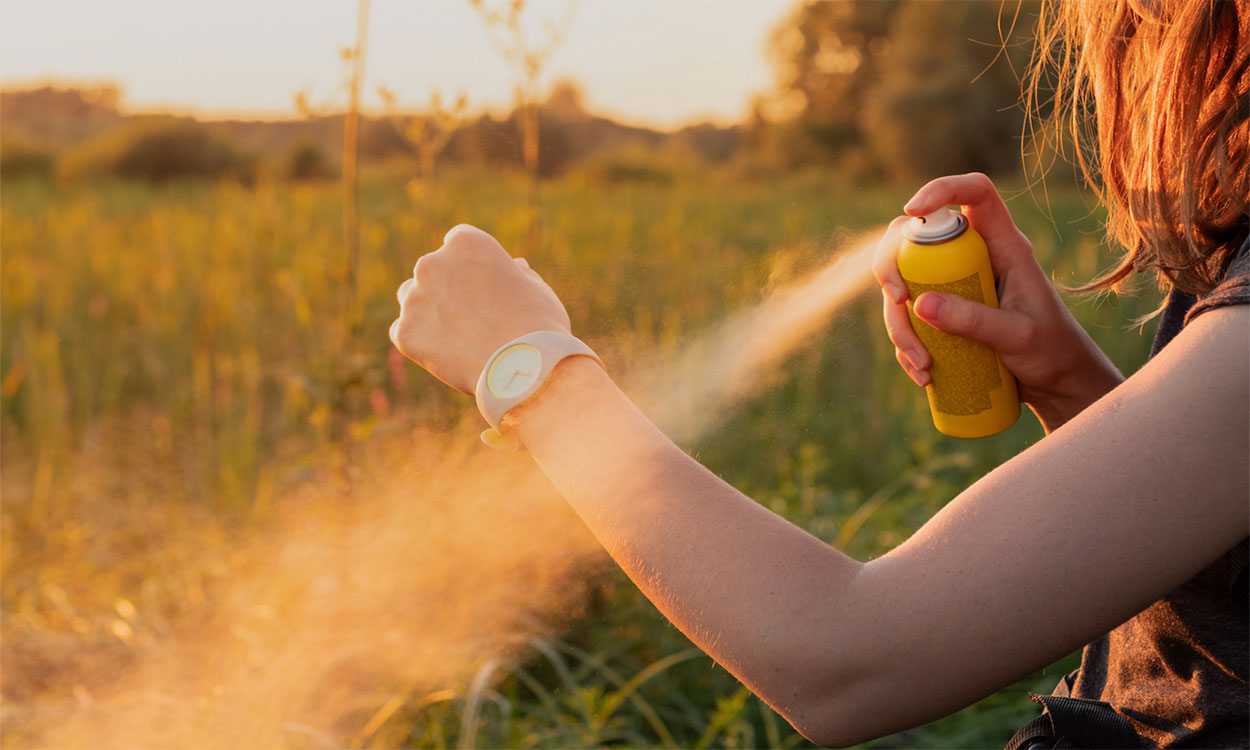
Enjoying the Outdoors Without Tick and Mosquito Bites
Outdoor activities seem extra inviting this time of year, and many people are already enjoying the long days and warmer temperatures. Ticks and mosquitoes share the outdoors with us, but there are things you can do to prevent bites from both.
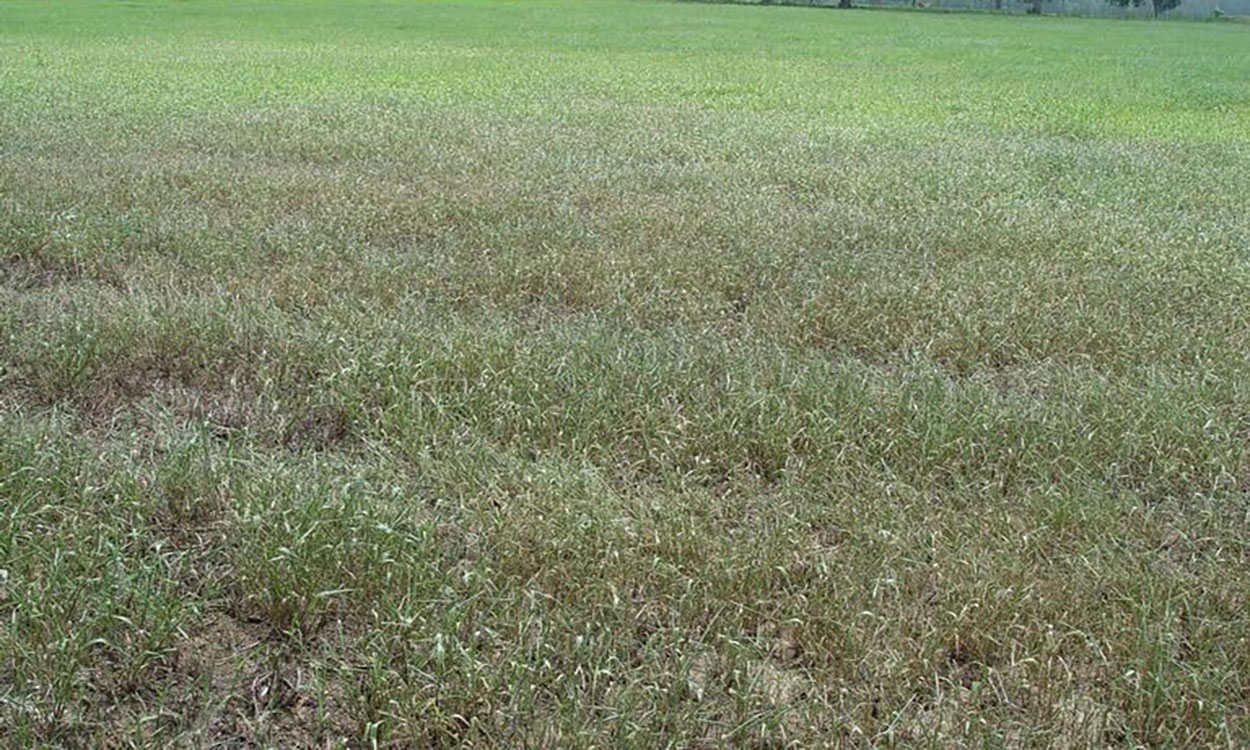
Fall Armyworm Caterpillars Causing Issues in South Dakota
This week we started to receive reports of pastures and alfalfa stands that have been heavily fed on by fall armyworm caterpillars. Typically, these pests are not an issue in South Dakota. However, populations have been very large in many states during 2021, and they have now moved into South Dakota.
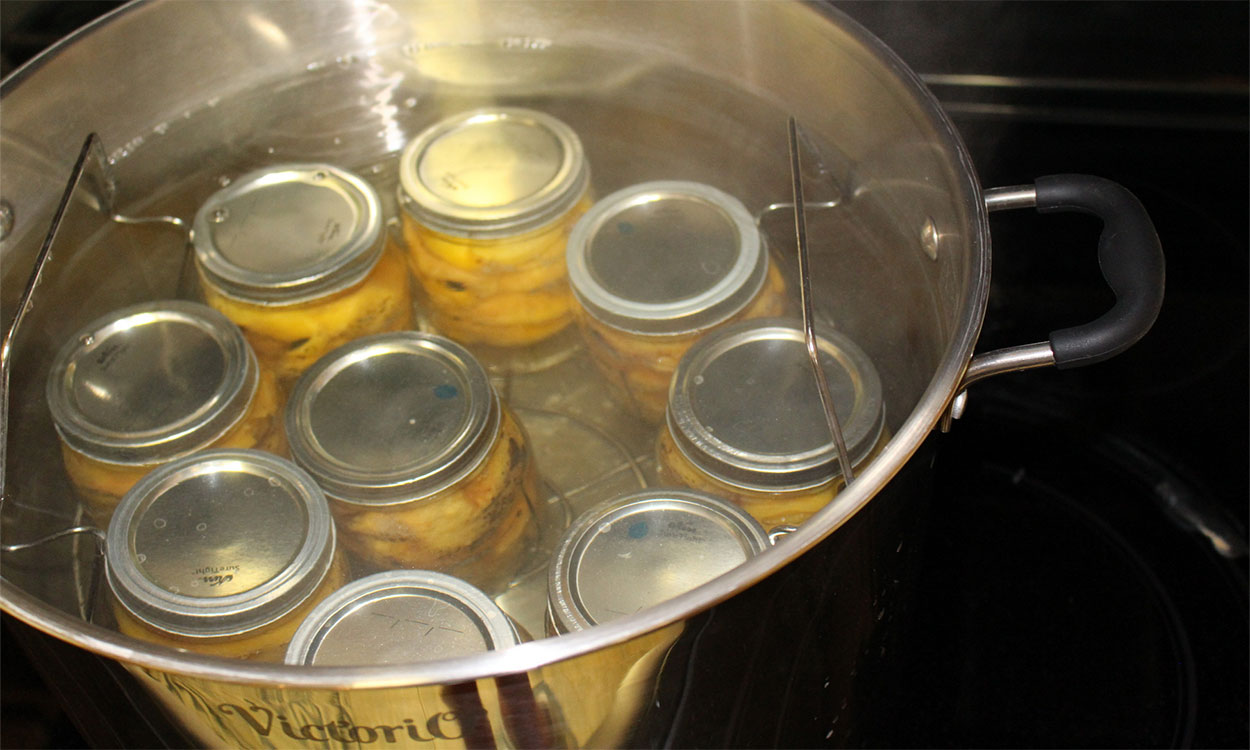
How to Can Peaches
While peach season is only May through September, you can enjoy peaches all year by preserving them through safe canning methods. Learn how to can peaches in your own kitchen with these step-by-step instructions.

Preserving Herbs
Fresh herbs add amazing flavor to recipes during the summertime! Their great flavors can be carried over to cooler seasons through the preservation of the plants and leaves, and the two best ways to extend the life (and flavor) of herbs is through freezing or dehydrating.
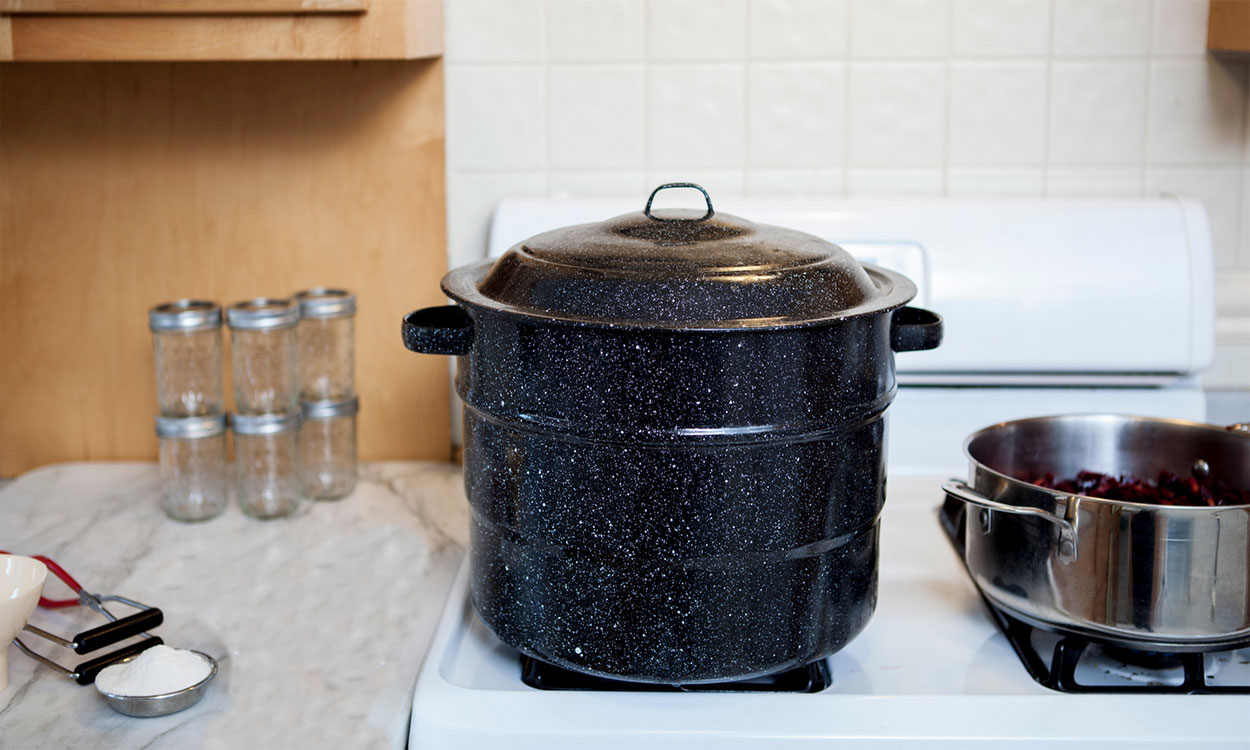
Canning With Less Sugar
As low and no-added-sugar food products have become increasingly popular, new alternative canning recipes have been created. It is possible to preserve fruits with little or no added sugar, which is great for those who prefer reduced calories.
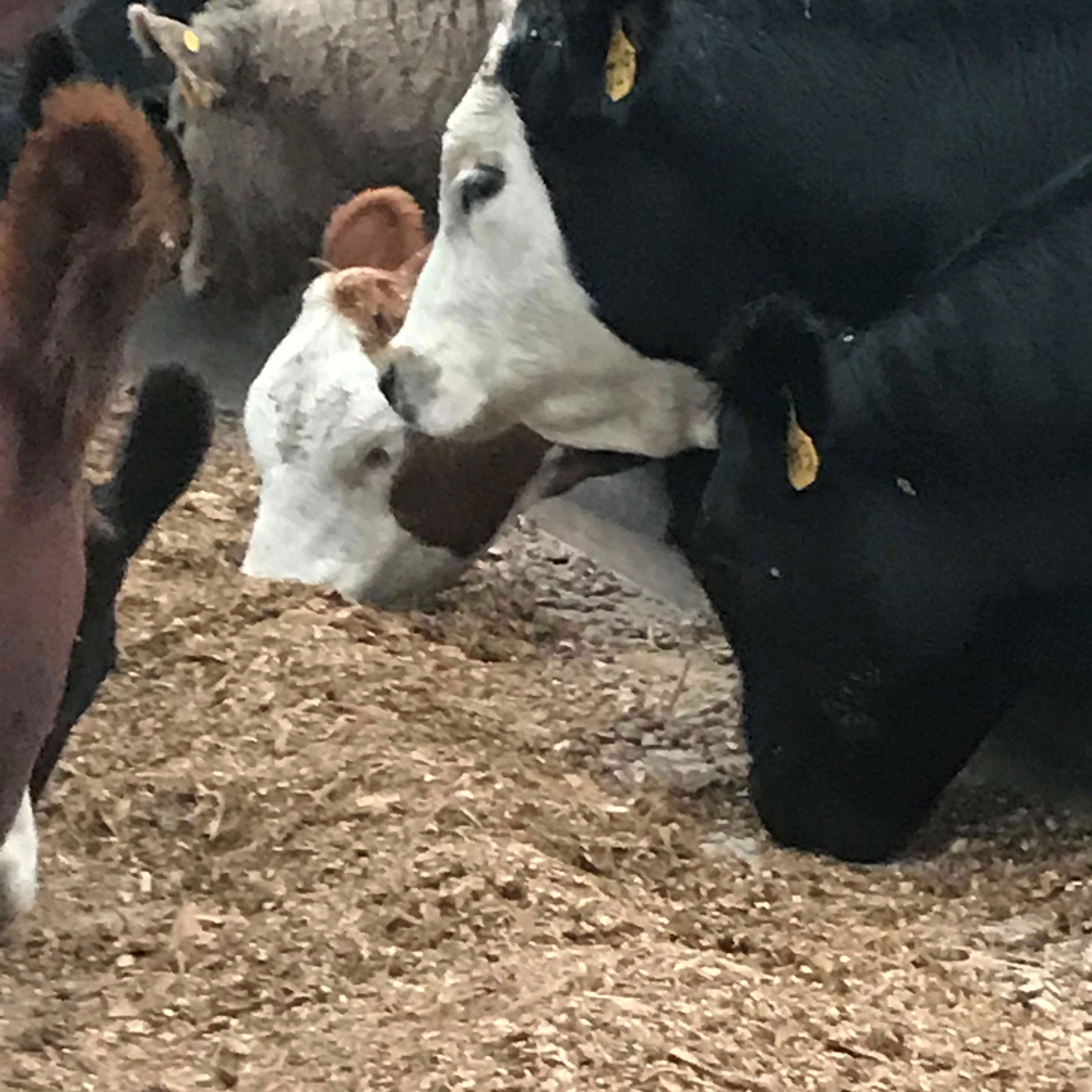
Frequently Asked Questions - Forage Nitrate Toxicity in Ruminant Livestock
A fact sheet to address frequently asked questions about forage nitrate toxicity in ruminant livestock.
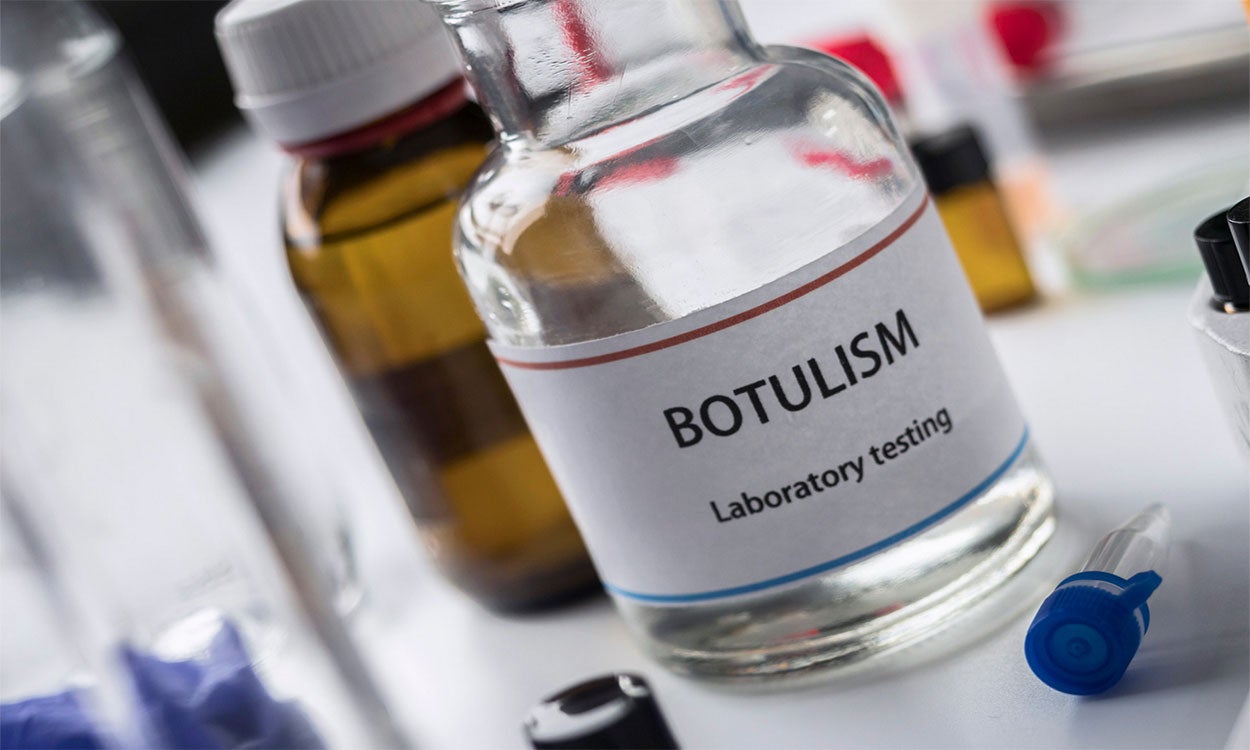
Canners Beware: Botulism
Botulism is a serious, rare illness that is caused by a toxin produced by the bacteria Clostridium botulinum. Botulism is a concern when it comes to canning and fermenting foods, as the anaerobic conditions can cause the Clostridium botulinum spores to create a harmful toxin.
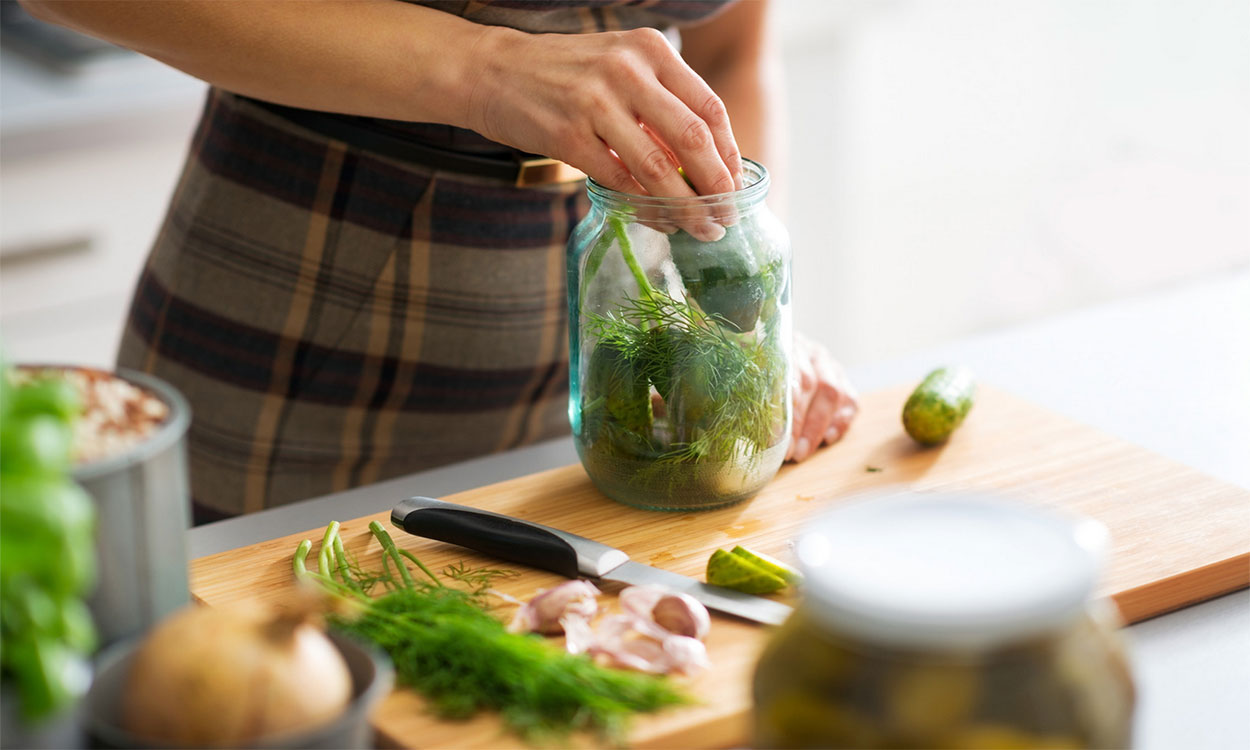
Modifying Canning Recipes
Understanding how swapping ingredients, adding ingredients, increasing or decreasing ingredients and making changes to processing plays a vital role in ensuring that home-canned products are safe.
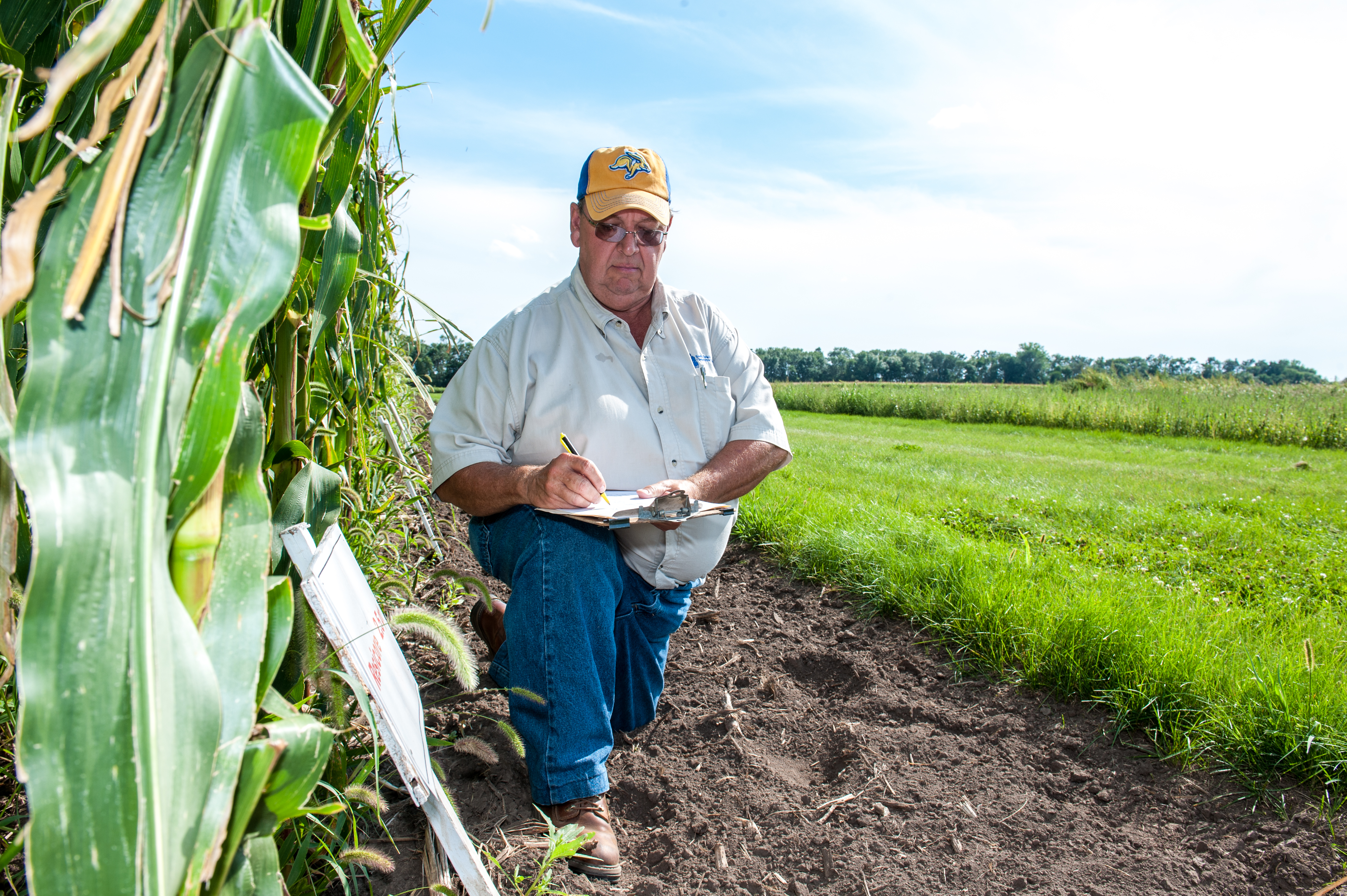
SDSU Extension to Tackle Weed, Pest and Drought Inquiries at State Fair
August 23, 2021
To address drought concerns, as well as weed and pest inquiries, South Dakota State University Extension will feature two booth locations at the 2021 South Dakota State Fair Sept. 2-6 in Huron.